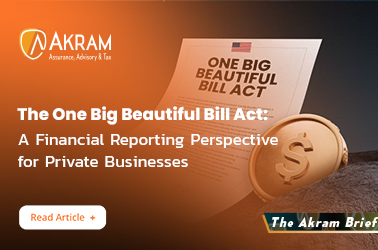Private Investment Fund Audit
Private investment funds are generally subject to annual financial statement audits as a matter of accountability to investors. This audit requirement may be self-imposed by fund management or may exist under federal or state investment advisor regulations.
Surprise Examination vs. Private Investment Fund Audit
A private investment fund, by definition, will always have “custody” of investor funds and thus subject to the terms of the SEC Custody Rule. Investor reporting requirements are frequently addressed in the offering documents (LPA, PPM etc.) of the fund, and it is important to consider the fund’s specific circumstances, benefits, and costs of both options before proceeding.
Both surprise examination and audits are required to be completed within an SEC-prescribed timeframe for registered advisers, but there are important differences to consider, such as with structure and objective, financial cost, and the requirements of and benefits to investors.
Private Investment Fund Audit Custody Rule
The vast majority of private funds (hedge, venture capital, and private equity) use the audited financial statements alternative for compliance with the Custody Rule. Fund managers have custody of the fund assets. Fund investors typically demand audited financial statements from their fund managers. The audited financial statements alternative under the Custody Rule has three main requirements:
- Has the audit done by an independent public accounting firm that is registered with the Public Company Accounting Oversight Board,
- Distribute the audited financial statements to all investors in the fund, and
- Deliver the audited financial statements within 120 days of the end of the fund’s fiscal year
Contact Us Today
We can help, If you need more information or assistance with annual financial statement audits of private investment funds. Please contact a member of our Alternative Investment Funds team







